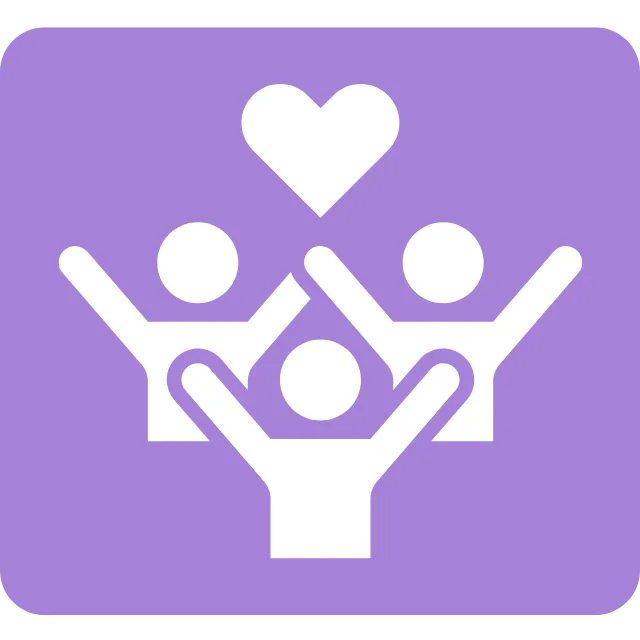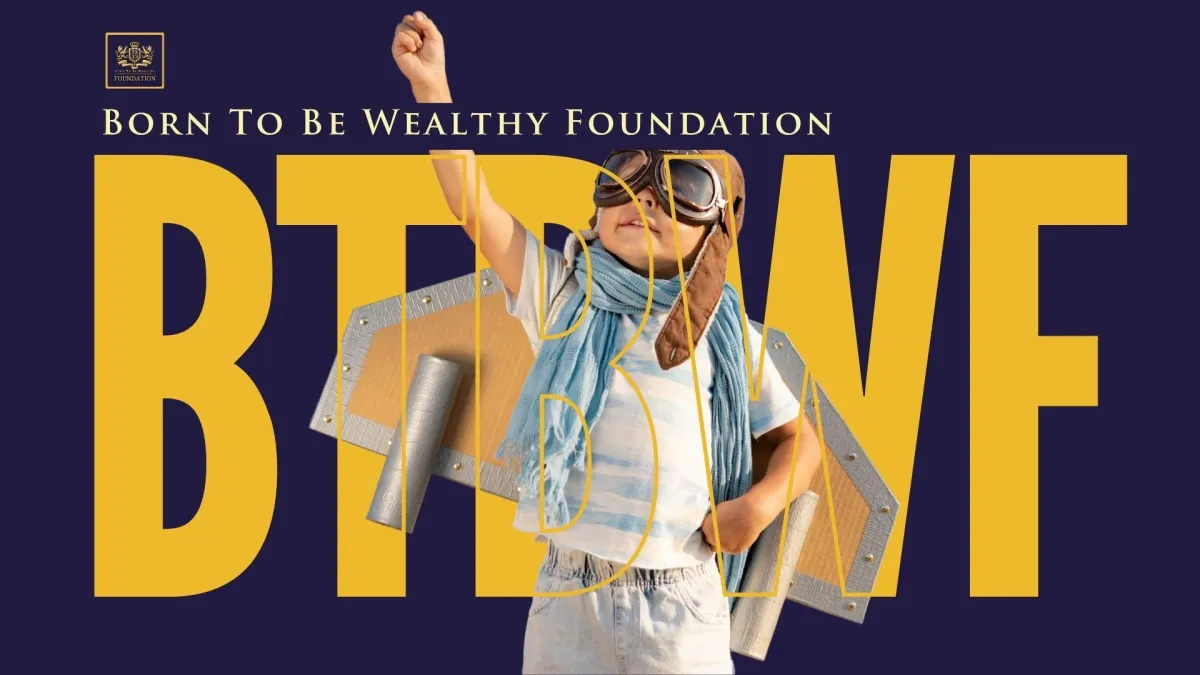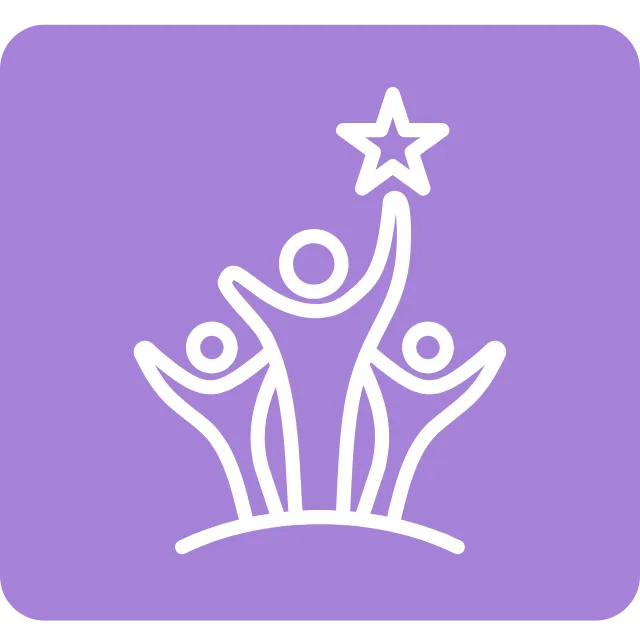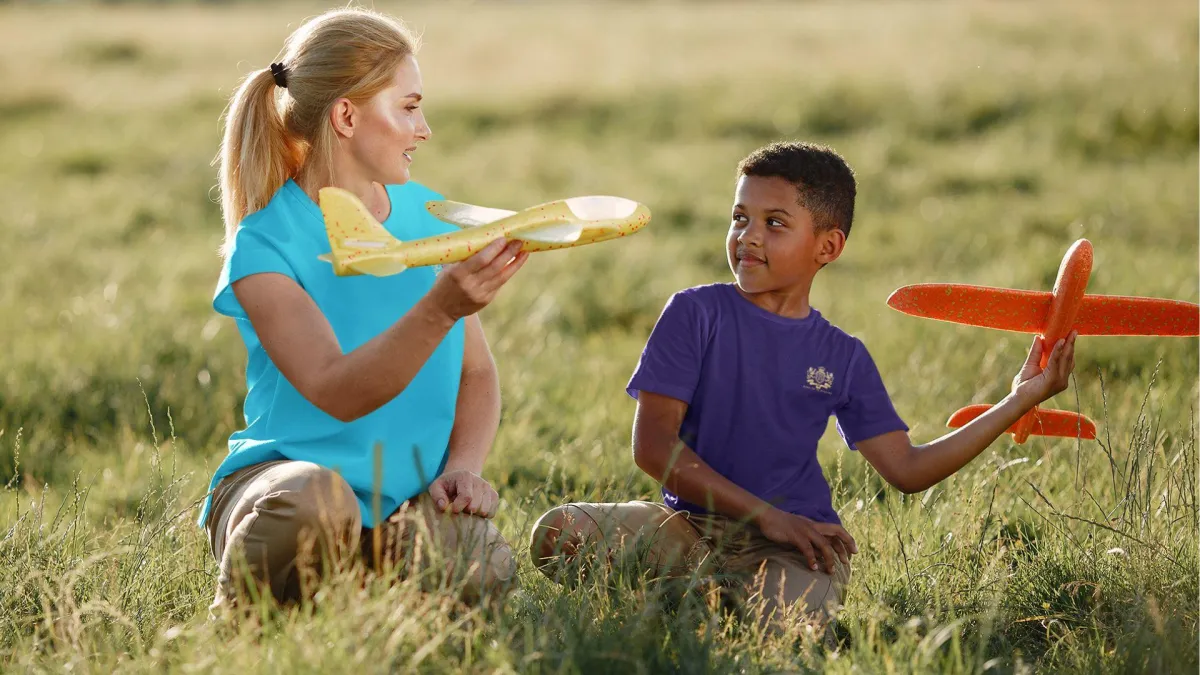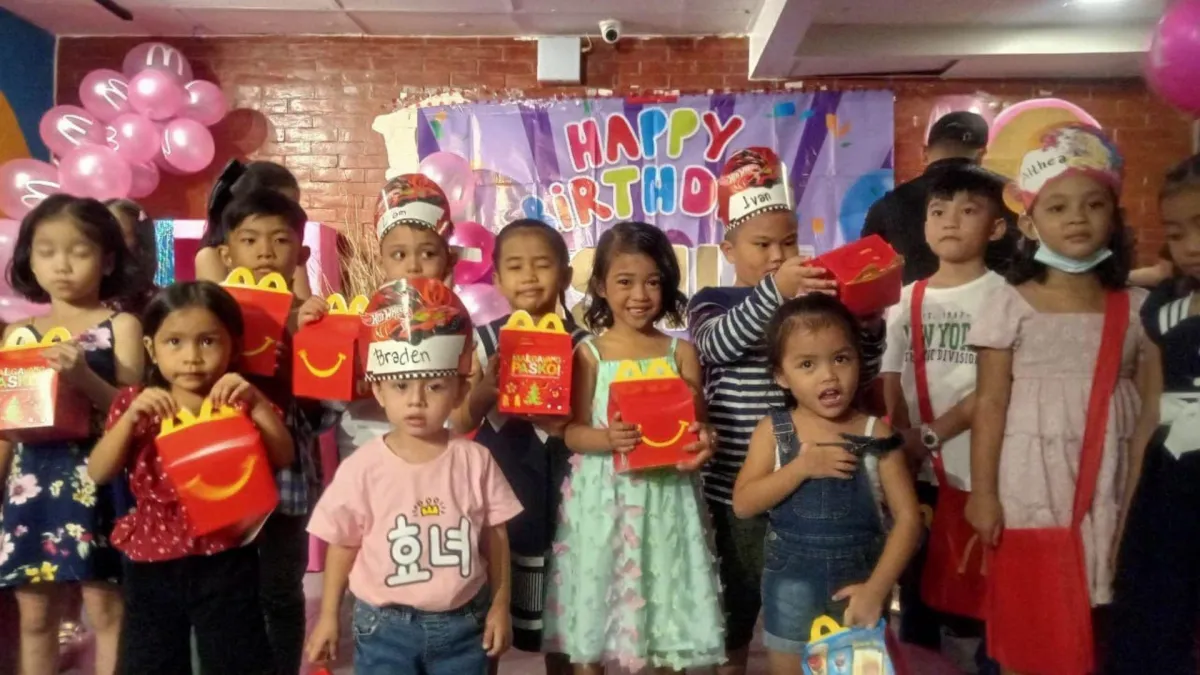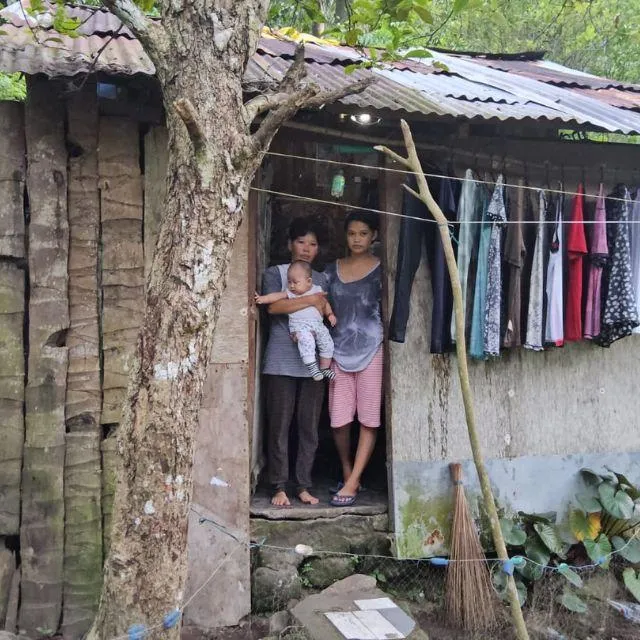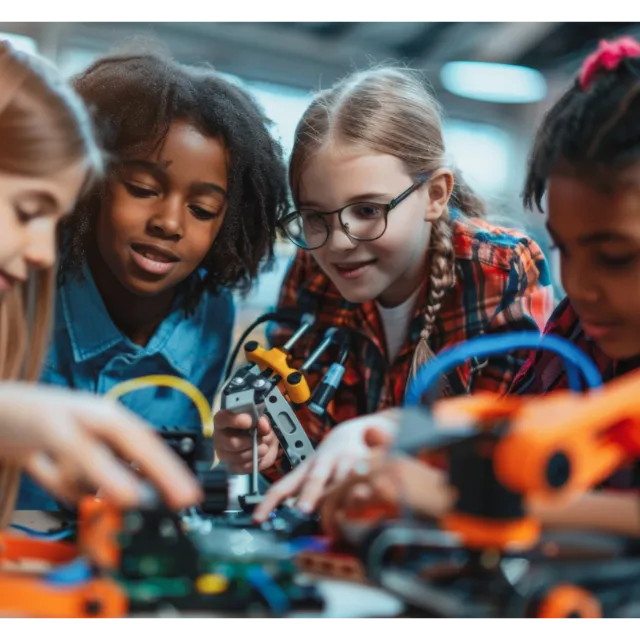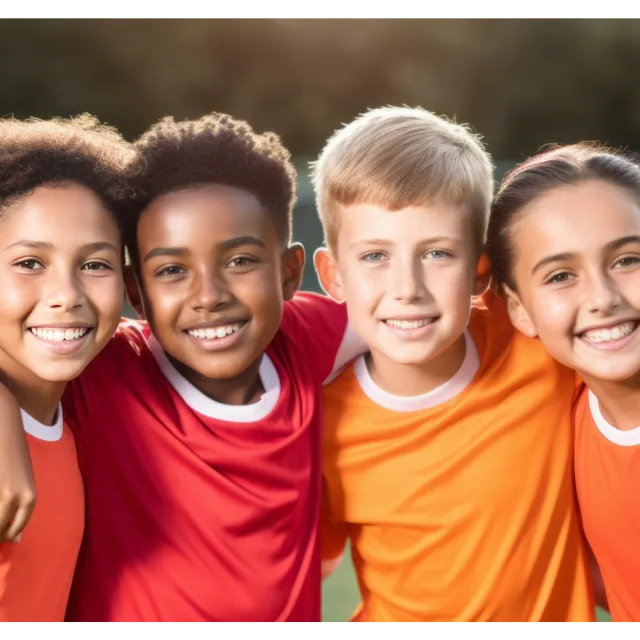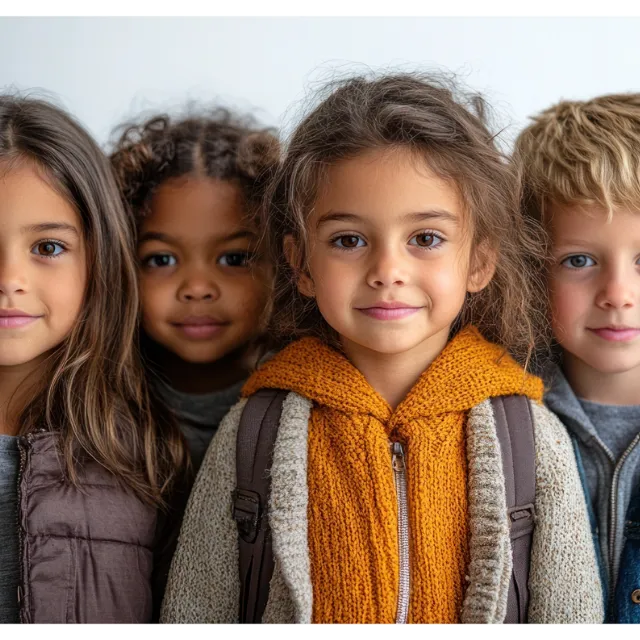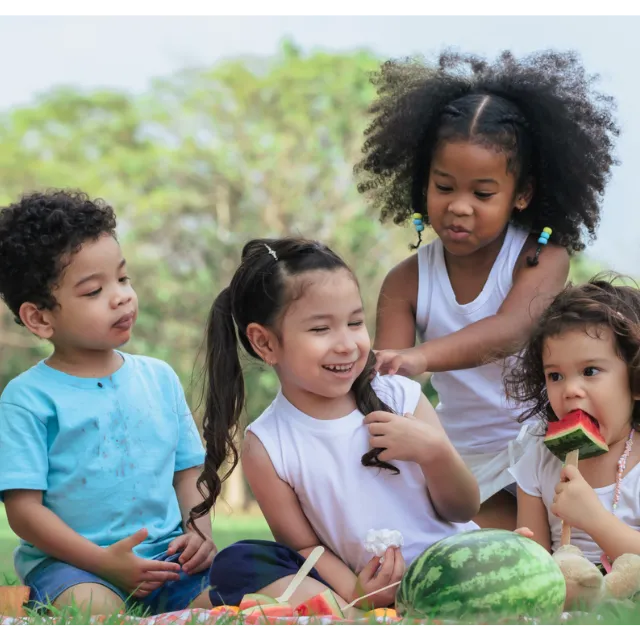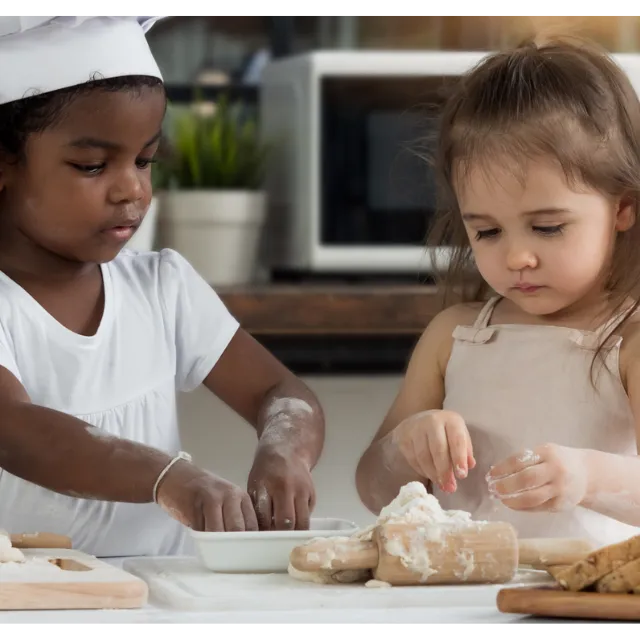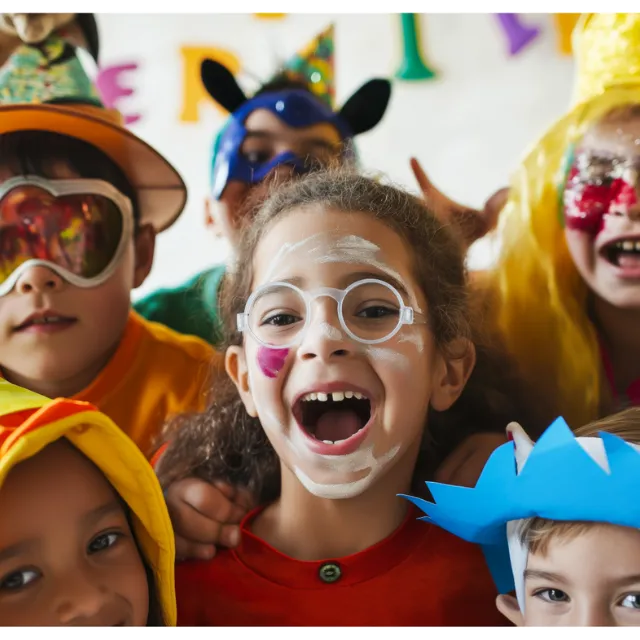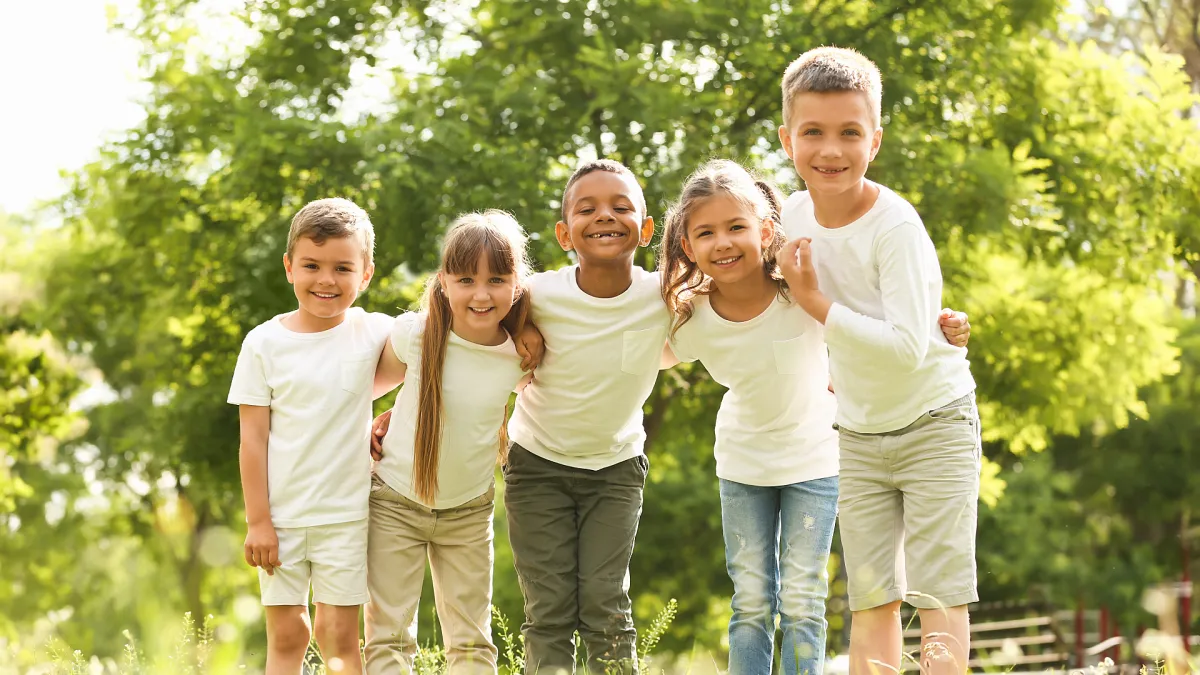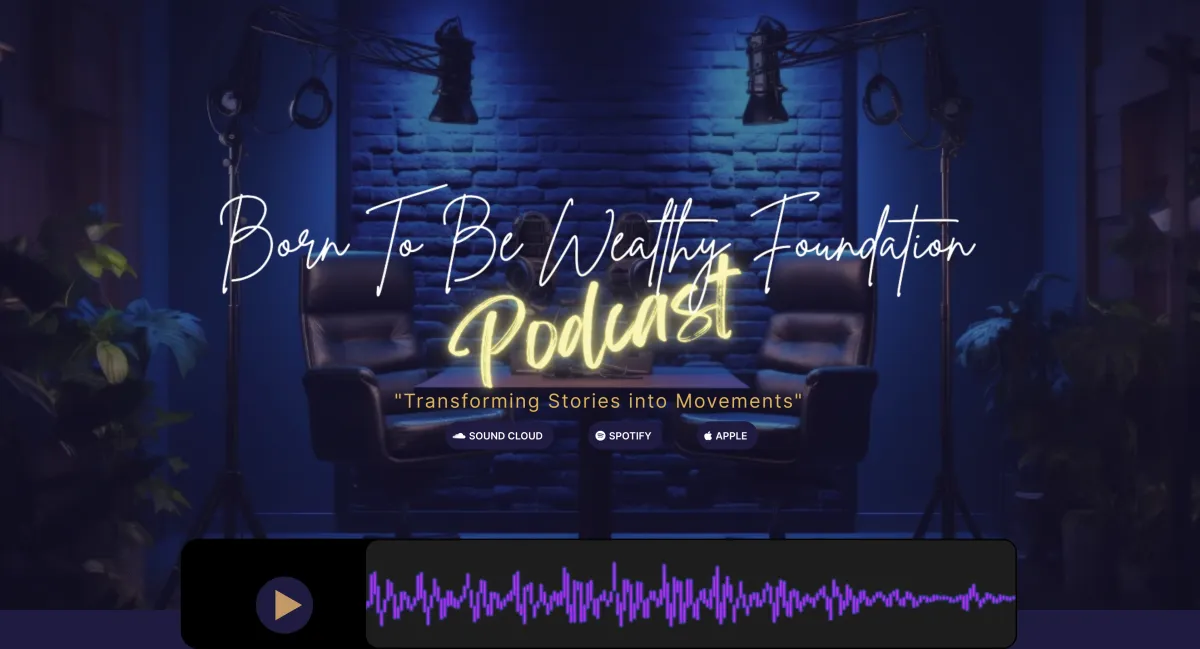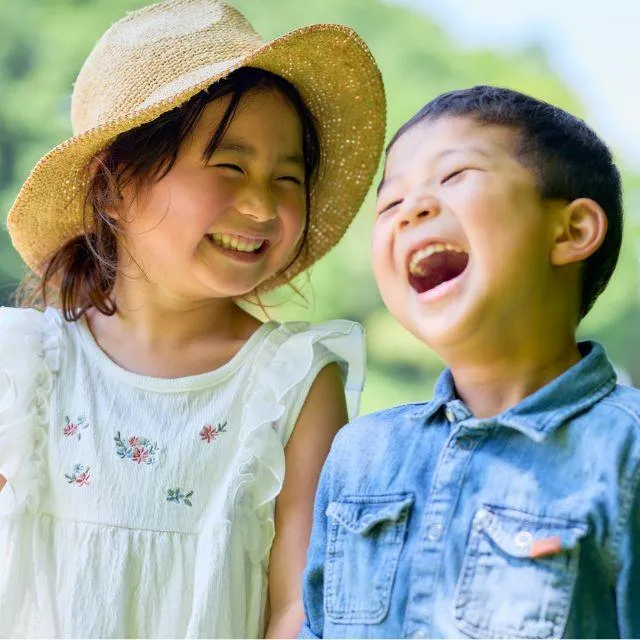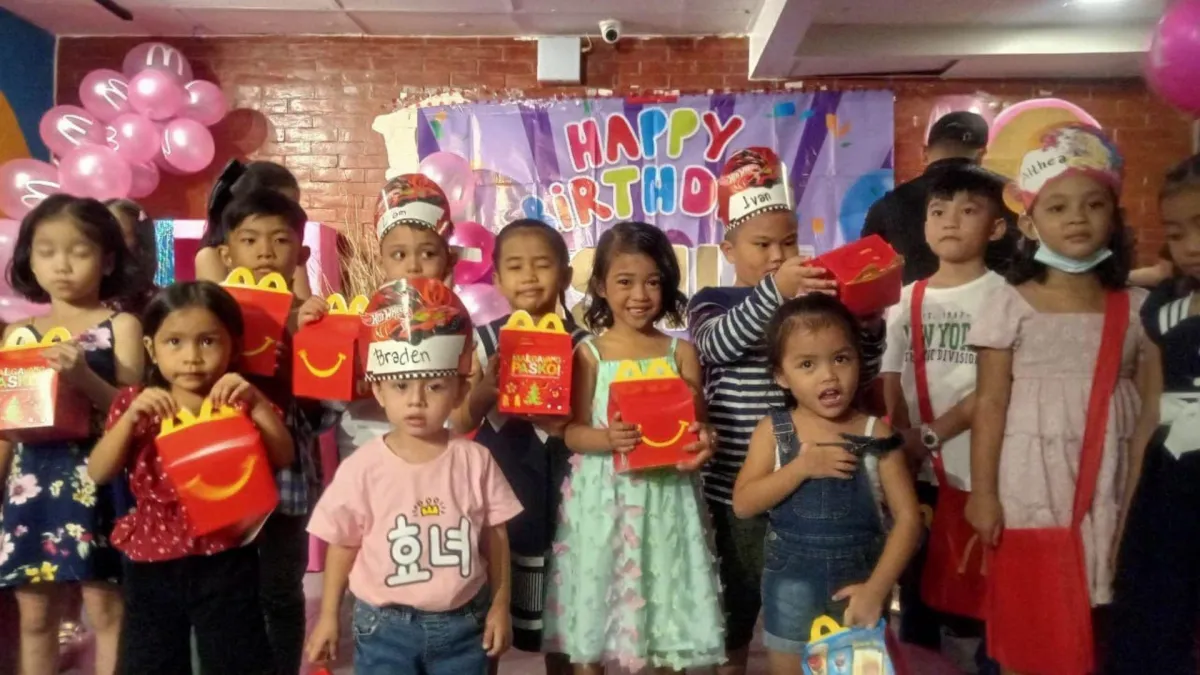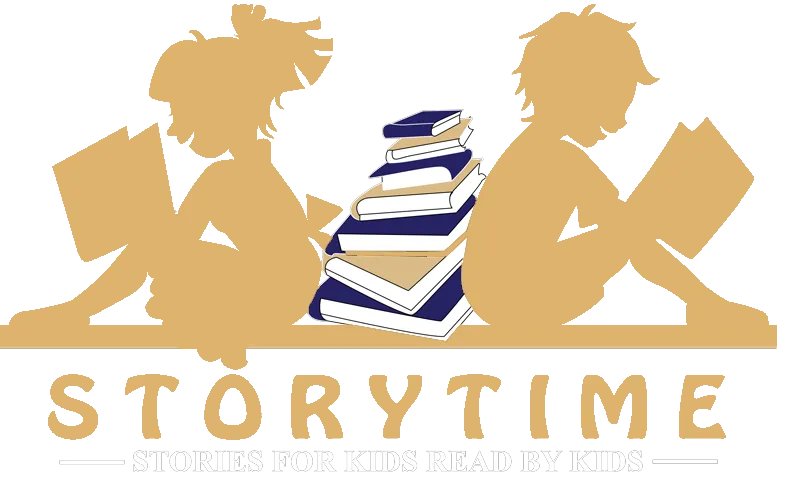
Teaching Generosity: Inspiring Kids to Give Back

Teaching Generosity: Inspiring Kids to Give Back
Episode - 49
Teaching Generosity Is About More Than Fostering Kindness
It’s about empowering children to create a positive impact in their communities and beyond. By integrating charitable activities into their lives, the Born To Be Wealthy Foundation helps children discover their potential to inspire change and build a brighter future.
In today’s episode, we delve into a transformative topic: Teaching Generosity and Inspiring Kids to Give Back.Encouraging children to engage in charitable activities is not just about instilling values—it’s about nurturing empathy, compassion, and a sense of social responsibility. By fostering a spirit of generosity early in life, we equip children with the tools to create a more equitable and kind world.
Born To Be Wealthy Foundation has made teaching generosity a cornerstone of its mission. Through programs like Kids Can Change the World and Young Givers’ Club, the Foundation empowers children to understand the value of giving and actively participate in their communities.
In this episode, we will explore why teaching generosity is important, share inspiring stories of children making a difference, and highlight programs designed to turn compassion into action.
Episode - 49
Teaching Generosity Is About More Than Fostering Kindness
It’s about empowering children to create a positive impact in their communities and beyond. By integrating charitable activities into their lives, the Born To Be Wealthy Foundation helps children discover their potential to inspire change and build a brighter future.
In today’s episode, we delve into a transformative topic: Teaching Generosity and Inspiring Kids to Give Back.Encouraging children to engage in charitable activities is not just about instilling values—it’s about nurturing empathy, compassion, and a sense of social responsibility. By fostering a spirit of generosity early in life, we equip children with the tools to create a more equitable and kind world.
Born To Be Wealthy Foundation has made teaching generosity a cornerstone of its mission. Through programs like Kids Can Change the World and Young Givers’ Club, the Foundation empowers children to understand the value of giving and actively participate in their communities.
In this episode, we will explore why teaching generosity is important, share inspiring stories of children making a difference, and highlight programs designed to turn compassion into action.

Listen to real conversations, and real topics that spark personal growth.

Listen to real conversations, and real topics that spark personal growth.
Building Character
Why Teaching Generosity Matters?
Empathy Development: Acts of kindness help children understand and share the feelings of others. Fostering Gratitude: Giving back teaches children to appreciate what they have.
Encouraging Unity: Children who give back strengthen social bonds within their communities. Inspiring Collective Action: One child’s generosity often sparks a ripple effect, inspiring others to get involved. Cultivating Responsible Adults: Generous children are more likely to grow into socially responsible and compassionate adults. Building Resilience: Acts of giving foster a sense of purpose, reducing stress and promoting well-being.
Problem-Solving Skills: Charitable activities often involve identifying and addressing community needs. Leadership Development: Taking initiative in giving back builds confidence and leadership abilities.
Building Character
Why Teaching Generosity Matters?
Empathy Development: Acts of kindness help children understand and share the feelings of others. Fostering Gratitude: Giving back teaches children to appreciate what they have.
Encouraging Unity: Children who give back strengthen social bonds within their communities. Inspiring Collective Action: One child’s generosity often sparks a ripple effect, inspiring others to get involved. Cultivating Responsible Adults: Generous children are more likely to grow into socially responsible and compassionate adults. Building Resilience: Acts of giving foster a sense of purpose, reducing stress and promoting well-being.
Problem-Solving Skills: Charitable activities often involve identifying and addressing community needs. Leadership Development: Taking initiative in giving back builds confidence and leadership abilities.
Company Introductions
Get to know about Us Against Us
Us Against Us is more than just a podcast—it’s a movement dedicated to exploring the battles we face within ourselves and the world around us. Hosted by Erica Carreno, each episode dives deep into topics like self-doubt, resilience, social justice, mental health, and personal growth.
Through heartfelt conversations with experts, thought leaders, and everyday individuals, the podcast shines a light on untold stories, offering fresh perspectives and actionable insights.
At its core, Us Against Us is about transformation. It’s about turning inner struggles into sources of strength and using personal growth as a catalyst for positive change. Whether you’re seeking inspiration, looking for tools to overcome life’s challenges, or simply craving authentic, thought-provoking discussions, Us Against Us is your guide on the journey to self-empowerment and collective progress.
Join us as we challenge norms, break barriers, and remind each other that the greatest battles lead to the most profound victories. Together, we rise.
Empower Yourself to Overcome Inner Battles
Authentic and Thought-Provoking Conversations
A Community That Inspires and Supports

Start your journey with Us Against Us—where real conversations spark personal growth.
The Born To Be Wealthy Foundation’s Commitment
To inspire and empower children to become compassionate, socially responsible individuals who contribute to their communities through acts of generosity.
The Born To Be Wealthy Foundation’s Commitment
To inspire and empower children to become compassionate, socially responsible individuals who contribute to their communities through acts of generosity.
1. Kids Can Change the World Program
Empowers children to make a positive impact in their communities. Key Features: Workshops on social responsibility and community needs. Projects designed and led by children, such as food drives and park cleanups. Recognition events celebrating children’s contributions.
2. Young Givers’ Club
A membership-based initiative that engages children in ongoing charitable activities. Activities Include: Volunteering at shelters, food banks, and community centers. Writing letters of encouragement to seniors or patients in hospitals. Hosting fundraisers, like bake sales or talent shows, to support local causes.
3. Generosity in Action Workshops
Interactive sessions that teach children the principles and practices of giving back. Topics Covered: Understanding empathy and kindness. Identifying community challenges and brainstorming solutions. Exploring non-financial ways to give, such as volunteering or mentoring.
4. Family Giving Days
Encourages families to participate in charitable activities together. Events Include: Community cleanup campaigns. Family-led donation drives for toys, clothes, and books. Collaborative cooking events to prepare meals for food-insecure families.
5. Youth Leadership for Change
Focuses on developing leadership skills through community service. Key Components: Leadership training workshops. Opportunities to lead charitable initiatives. Mentorship from community leaders and Foundation staff.
1. Kids Can Change the World Program
Empowers children to make a positive impact in their communities. Key Features: Workshops on social responsibility and community needs. Projects designed and led by children, such as food drives and park cleanups. Recognition events celebrating children’s contributions.
2. Young Givers’ Club
A membership-based initiative that engages children in ongoing charitable activities. Activities Include: Volunteering at shelters, food banks, and community centers. Writing letters of encouragement to seniors or patients in hospitals. Hosting fundraisers, like bake sales or talent shows, to support local causes.
3. Generosity in Action Workshops
Interactive sessions that teach children the principles and practices of giving back. Topics Covered: Understanding empathy and kindness. Identifying community challenges and brainstorming solutions. Exploring non-financial ways to give, such as volunteering or mentoring.
4. Family Giving Days
Encourages families to participate in charitable activities together. Events Include: Community cleanup campaigns. Family-led donation drives for toys, clothes, and books. Collaborative cooking events to prepare meals for food-insecure families.
5. Youth Leadership for Change
Focuses on developing leadership skills through community service. Key Components: Leadership training workshops. Opportunities to lead charitable initiatives. Mentorship from community leaders and Foundation staff.
Mission Statement
To inspire and empower children to become compassionate, socially responsible individuals who contribute to their communities through acts of generosity.
Benefits of Teaching Generosity
Positive Emotional Growth. Generous children experience greater happiness and reduced stress. Acts of giving foster a sense of purpose and connection to others, strengthening emotional well-being. Over time, these positive experiences build empathy, resilience, and a lasting habit of kindness.
Enhanced Social Skills. Acts of giving foster teamwork, communication, and empathy. By working together on charitable activities, children learn the value of collaboration and active listening. These experiences strengthen their ability to build meaningful relationships and contribute positively to their communities.
Stronger Family Bonds. Shared acts of generosity bring families closer together. Working toward a common goal fosters connection, communication, and shared values. These meaningful experiences create lasting memories and strengthen the family’s sense of unity and purpose.
Increased Civic Engagement. Early exposure to charitable activities encourages lifelong involvement in community service. It instills a sense of responsibility and pride in contributing to the greater good. Over time, this commitment helps build stronger, more connected, and resilient communities.
Mission Statement
To inspire and empower children to become compassionate, socially responsible individuals who contribute to their communities through acts of generosity.
Benefits of Teaching Generosity
Positive Emotional Growth. Generous children experience greater happiness and reduced stress. Acts of giving foster a sense of purpose and connection to others, strengthening emotional well-being. Over time, these positive experiences build empathy, resilience, and a lasting habit of kindness.
Enhanced Social Skills. Acts of giving foster teamwork, communication, and empathy. By working together on charitable activities, children learn the value of collaboration and active listening. These experiences strengthen their ability to build meaningful relationships and contribute positively to their communities.
Stronger Family Bonds. Shared acts of generosity bring families closer together. Working toward a common goal fosters connection, communication, and shared values. These meaningful experiences create lasting memories and strengthen the family’s sense of unity and purpose.
Increased Civic Engagement. Early exposure to charitable activities encourages lifelong involvement in community service. It instills a sense of responsibility and pride in contributing to the greater good. Over time, this commitment helps build stronger, more connected, and resilient communities.
Together, let’s continue to inspire a culture of giving and compassion.
Together, let’s continue to inspire a culture of giving and compassion.
Addressing Challenges in Teaching Generosity:
1. Overcoming Apathy. Solution: Share relatable stories about the impact of giving to inspire action.
2. Combating Resource Constraints. Solution: Highlight non-monetary ways to give back, like volunteering or sharing skills.
3. Sustaining Interest. Solution: Keep activities engaging and varied to maintain enthusiasm.
Addressing Challenges in Teaching Generosity:
1. Overcoming Apathy. Solution: Share relatable stories about the impact of giving to inspire action.
2. Combating Resource Constraints. Solution: Highlight non-monetary ways to give back, like volunteering or sharing skills.
3. Sustaining Interest. Solution: Keep activities engaging and varied to maintain enthusiasm.
A Call to Action
How You Can Help
Empowering underprivileged youth through education requires collective effort. Here’s how listeners can get involved:

Donate
Contributions directly fund scholarships, infrastructure, and learning materials.

Volunteer
Share your time and expertise by mentoring, tutoring, or assisting in programs.

Advocate
Spread the word about the Foundation’s mission to inspire others to join the cause.
Looking Ahead
Expanding the Foundation’s Reach:
Scaling Programs. Launch new chapters of the Young Givers’ Club in underserved areas.
Building Partnerships. Collaborate with schools, local businesses, and other non-profits to amplify impact.
Leveraging Technology. Develop online platforms for children to share ideas, track progress, and connect with peers.
Looking Ahead
Expanding the Foundation’s Reach:
Scaling Programs. Launch new chapters of the Young Givers’ Club in underserved areas.
Building Partnerships. Collaborate with schools, local businesses, and other non-profits to amplify impact.
Leveraging Technology. Develop online platforms for children to share ideas, track progress, and connect with peers.

Born to be Wealthy Non-Profit Foundation is an organization dedicated to nurturing the potential of children through comprehensive support services aimed at creating a foundation for a prosperous future.
CONTACT INFO
Born To Be Wealthy Foundation
255 S Orange Avenue, Suite 104
Orlando, FL 32801 United States
Federal Tax ID: 99-2079151
Born To Be Wealthy Foundation is a registered 501(c)(3) non-for-profit organization, donations are tax-deductible.
Contact: 1 (347) 427-5507
OUR PROGRAMS
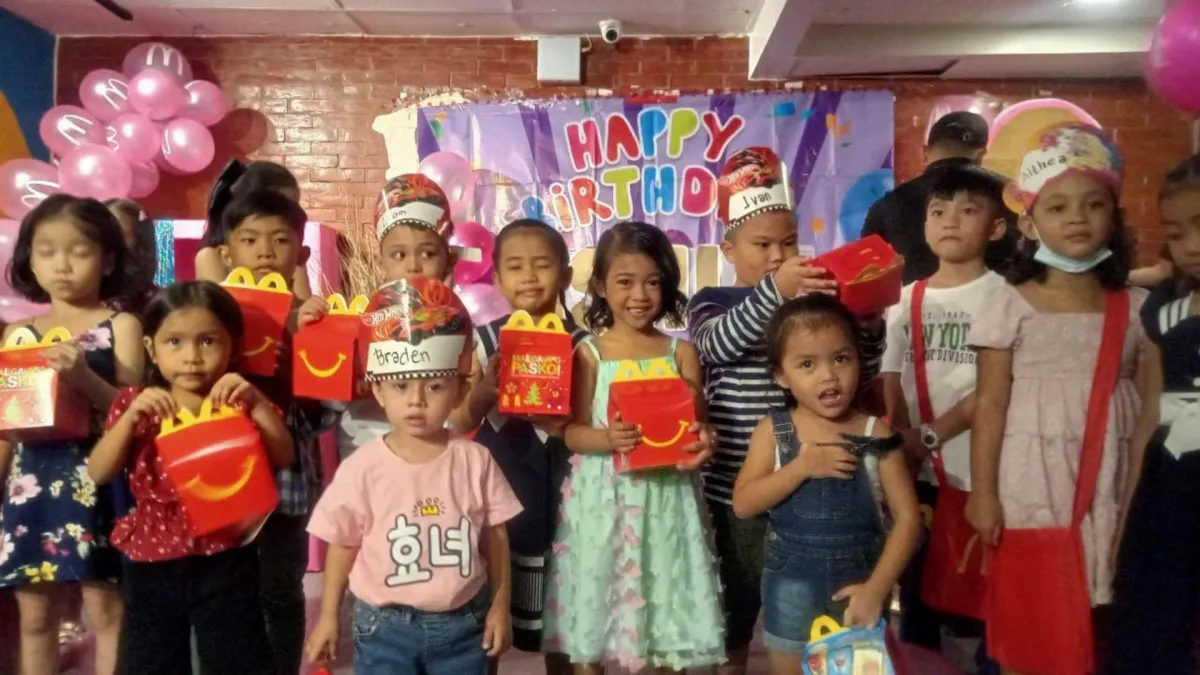
Celebrating every child's joy.

Healthy bodies, brighter futures.
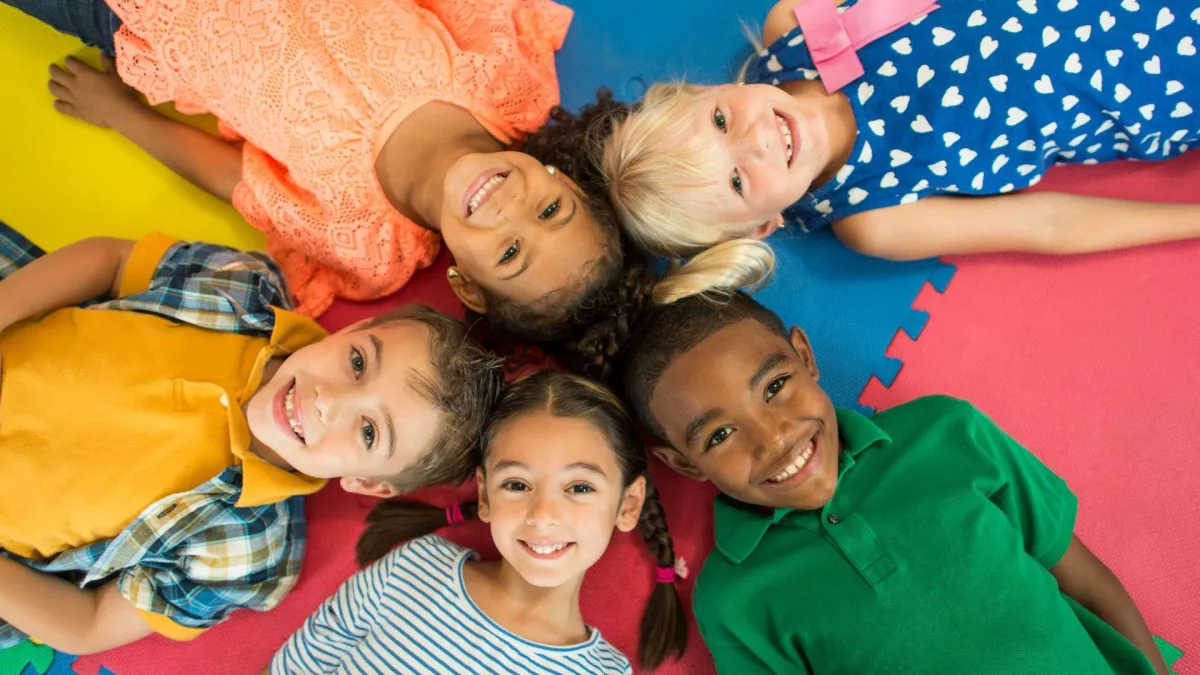
Children helping children grow.
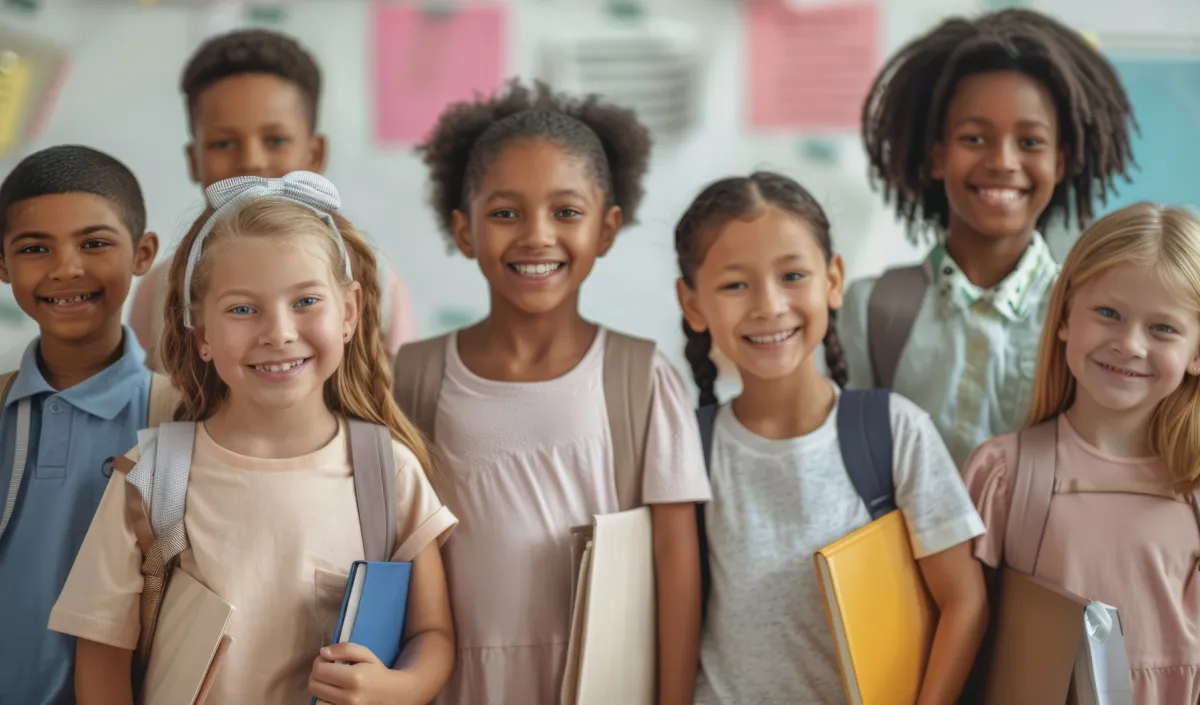
Empowering Youth. Investing in Futures.

Born to be Wealthy Non-Profit Foundation is an organization dedicated to nurturing the potential of children through comprehensive support services aimed at creating a foundation for a prosperous future.
CONTACT INFO
Born To Be Wealthy Foundation
255 S Orange Avenue, Suite 104
Orlando, FL 32801 United States
Federal Tax ID: 99-2079151
Born To Be Wealthy Foundation is a registered 501(c)(3) non-for-profit organization, donations are tax-deductible.
Contact: 1 (347) 427-5507
OUR PROGRAMS

Celebrating every child's joy.

Healthy bodies, brighter futures.

Children helping children grow.






